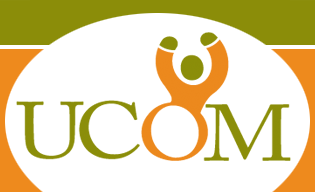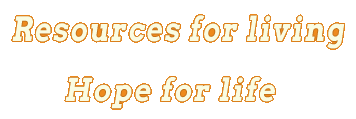Expect the Best
April 1st, 2013
My older brother Larry's basic philosophy of life was "Hope for the best; expect the worst and take whatever comes." He was seldom disappointed.
Taking whatever comes is Zen-like. It is reality. We really do not help our mental or emotional state by denying what is. It doesn't matter whether it is fair or right; it just is. Poverty, hunger, war, disparities between rich and poor, unclean water...none of these are fair; none are right; all are preventable, and all of them ARE. We take whatever comes.
Hoping for the best, praying for the best, wanting the best, envisioning the best increases the positive around us, gets the good hormones flowing and helps our daily attitude.
Expecting the worst is where my brother's philosophy gets off base. It does insulate us from disappointment, but at quite a cost to our psyche. It is also counter-productive in achieving the outcomes we hope to see. I suggest that we substitute expecting what we hope.
Expecting the best from ourselves
"I did my best." Is that accurate? If I did my best at the last minute to get out a project whose deadline I knew months ago, did I really do my best? If I know the process for cleaning the cooking pots properly includes using Barkeeper's Friend on the inside and outside bottom, can I ignore that and still say "I did my best"?
Expecting the best from ourselves means at the minimum gaining all the information about the project that I can planning the project completely before I start utilizing everything I've learned and moving forward according to a timeline that enables me to complete the final tasks a week ahead of schedule.
That gives us time to review the finished project with other experts, revise as necessary and still produce on time.
Expecting the best from our plans
How many plans have you formulated before moving forward on a project? Someone has said that we don't have time to do the project right in the first place, but we always have time to go back and do it over later. The time invested in coming to the best plan is well-spent. My best ideas are not mine at all. They are the result of conversations, brain-storming, and encouraging others to share their embellishments, details and revisions of an original idea, which was probably not mine either.
Once we have in place the best possible plan, we move forward, revising as we go, changing course where necessary, and listening to feedback from co-workers, co-creators of the finished product.
Expecting the best from our co-creators
Finally we expect the best from those who are creating with us. A friend with a disability gave me a great hint in this regard. "I'll tell you if I can't do it." Make the assignment, set the stage if that is your job in the project, and then let the innate leadership capabilities in your co-creators bloom into a project beyond your wildest expectations.
Our job as leaders is to empower leaders. Volunteers, other staff, advisors don't know everything, but they know some things, and taken together their wisdom may just outweigh yours. A little humility is in order in project management.
Are you more effective when someone expects the best of you?
What methods have worked for you in empowering your expectation of gaining the best from people without being disappointed?





Comments
No one has commented yet, you could be the first!
Leave a Comment